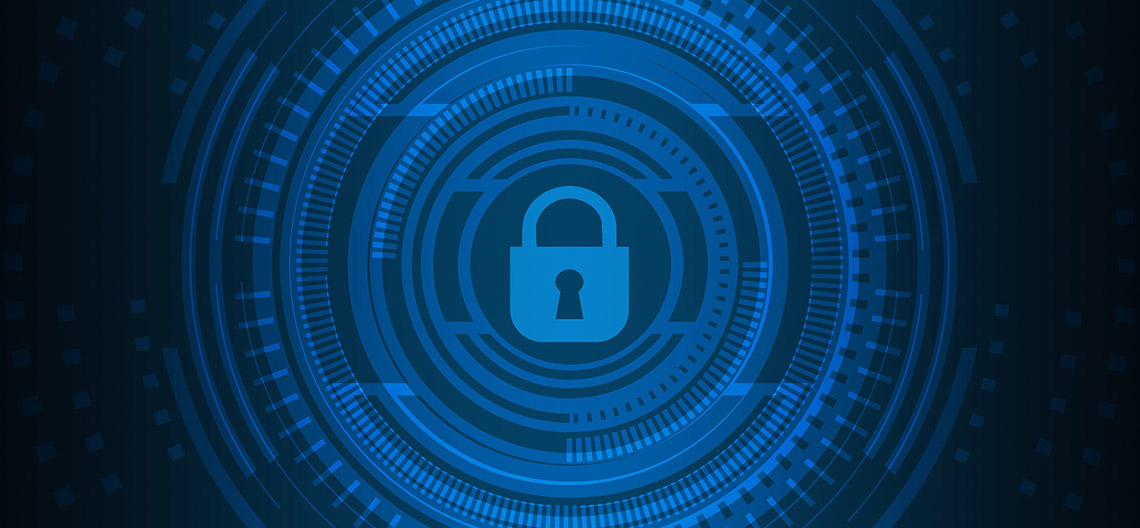The Importance of Data Encryption and Secure Servers for E-commerce

 AkiraCart
AkiraCartWhat’s the first thing that comes to mind when you think of threats to your restaurant?
Aggressive competitor campaigns, third-party fulfillment issues, and legal troubles may be the first thoughts to spring to mind. But there’s another threat that’s always looming tall for any digital-enabled business: cyber attacks.
At Akiracart, we know that your digital presence is the online face of your brand. It’s your storefront in the world of inter-webs. The last thing you’d ever want is to see it get defaced or damaged by cyber criminals.
That’s why Akiracart was designed from the ground up to offer maximum security straight out of the box. We don’t want you to spend your evenings tinkering with dozens of security settings. That’s why all our installations come with optimum settings and protocols in place to keep your business secure.
To give you a better idea, let’s look at the three primary attack vectors that restaurants and other online businesses are likely to face.
Server Infiltration
This is the scenario that most people think of when they imagine a business getting hacked.
Between security lapses in setup, zero-day software exploits, and the use of simple but highly effective social engineering, cyber criminals have many weapons in their arsenal to infiltrate the servers of a business entity.
Here are some server security issues we’ve seen in the wild:
- Outdated software
- Directory permission issues
- Lack of login limits to prevent brute force attacks
- Crucial setup files exposed to public access
The consequences of a compromised server can be fatal for small businesses. Here are some of the many scary possibilities:
- Defaced website
- Stolen customer data
- Encrypted files along with a demand for ransom
- Compromised social media, email, banking, and other accounts
Those are just a handful of examples of how far-reaching the damages of a compromised server can be. So it should come as no surprise that 60% of small businesses go out of business within 6 months of a security breach.
Compromised Payment Details
One of the worst nightmares of any online business is the leakage of customer payment details. In the digital economy, those precious digits are the only thing a cyber criminal needs to steal the funds and deplete the accounts of your customers.
Since e-commerce businesses deal in digital payments primarily, and in most cases exclusively, the need for credit card data protection cannot be overstated.
That is why payment processing companies have released a set of security standards that all merchants must follow, especially those who sell over the internet primarily. These requirements are collectively known as the Payment Card Industry Data Security Standard (PCI DSS).
Here are some examples of PCI DSS requirements that authorities expect you to follow:
- Setting up tightly managed firewall protocols
- Encrypting all communications between your website’s users and your servers
- Leveraging the latest encryption protocols that offer maximum protection against cracking
- Avoiding card detail storage where possible (AkiraCart only stores the last 4 digits of card numbers for your restaurant’s customer’s archive purposes)
- Deploying strict access management protocols to only expose areas that are absolutely essential for the operations of your business
- Monitoring all network activity of servers, especially of the areas that hold cardholder data
As you can imagine, implementing complicated security protocols outlined in the PCI DSS is outside the technical expertise of most small to medium businesses.
To help your business become PCI compliant and safeguard the payment details of your customers, AkiraCart is designed to meet these requirements by default.
Data Snooping
Digital giants like Google have been pushing for HTTPS for a long time now. Their reasoning is simple: we need to encrypt all communications between a website and its users to ensure privacy and safety.
It’s ridiculously easy for internet service providers and government agencies to track the activities of a user if the website doesn’t use encryption. But even if you don’t care about these particular consequences, you still have to consider the more immediate threats.
For example, a lack of encryption can expose the data of your users to network snooping. Think of someone visiting your website through a public WiFi network. Since most of these networks are rarely secure and often don’t even have a password, anyone could easily monitor the streams of data and get unfiltered access to whatever your users are sending to your website, including their login credentials and payment details. All because your website isn’t encrypting that line of communication.
We can achieve powerful encryption by installing the right SSL certificate. This way every bit of data between the website and its users is encrypted using powerful algorithms.
We’ve made sure that every instance of our platform implements the highest reasonable standard of SSL settings, so you won’t have to worry about getting it right by yourself.
To see a live demonstration, you can check the SSL Report for the Akiracart demo site. This test is performed by an independent third party to verify the validity of our SSL setup. As you can see, we’ve got an A rating, and we promise the same for your restaurant website too!
If you want to supercharge your restaurant’s online presence with zero compromises on security, be sure to sign up for Akiracart today. You can always take a test drive by checking our live demo too.